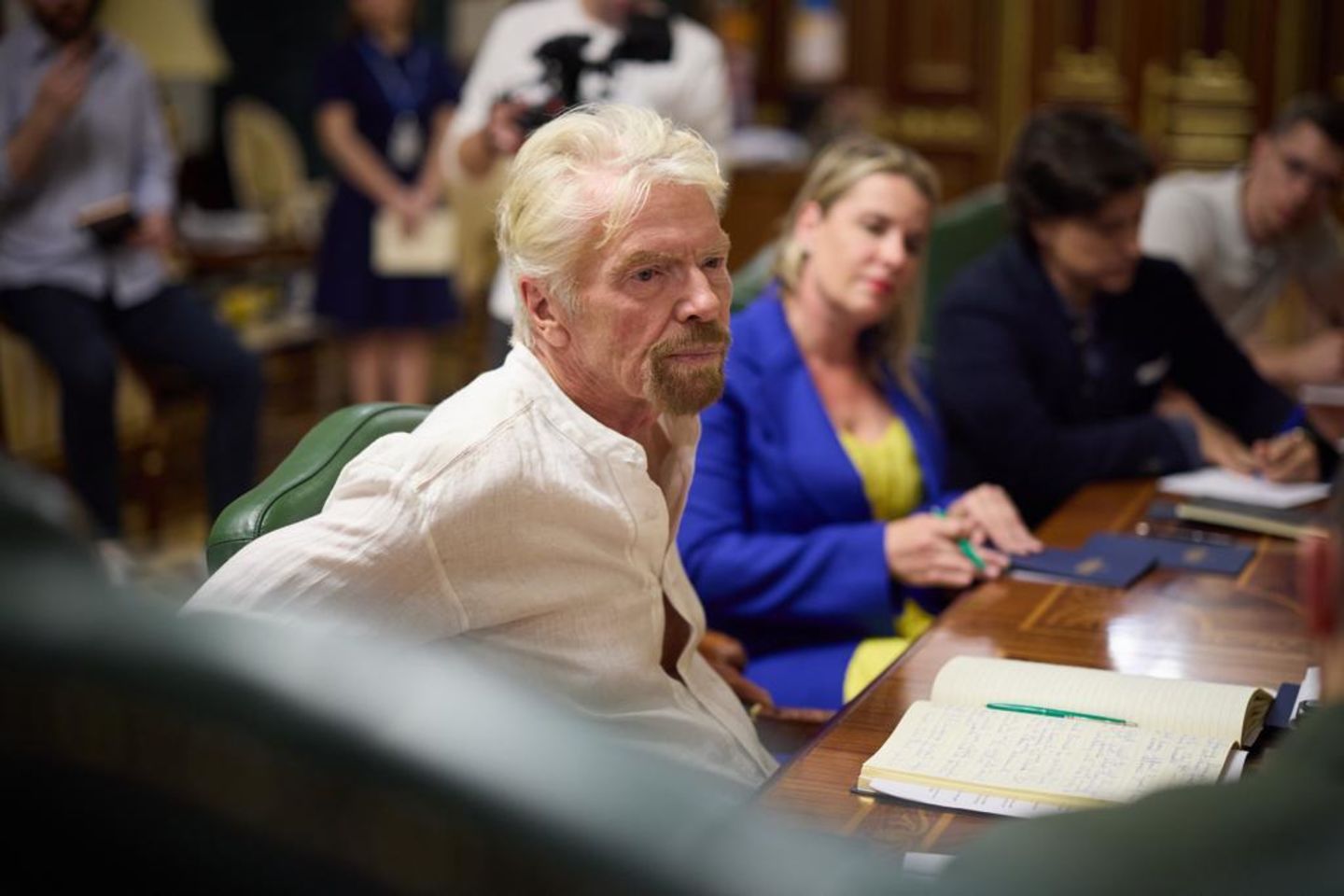On Ukraine, Europe must step into the void
I share the widespread consternation of European leaders following the latest round of US statements on Russia’s invasion of Ukraine. As the war is about to enter its fourth year, the challenge for Ukraine and its allies couldn’t be any greater, and there is a real fear that the current US position, expressed by President Trump following his conversation with Vladimir Putin earlier this week, has only undermined the West’s capacity to stand up to Russia’s continued aggression. And it blatantly ignores that negotiations of any kind are pointless, unless Ukraine is present at the top table, empowered to have the final say on any outcomes.
Only one word comes to mind when reviewing the events of this week: appeasement. And we all know what that means. I am reminded of the United Kingdom’s failure to stand up to Hitler’s land grabs in Central Europe in 1938 and 1939. Of course, he didn’t stop there. World War II started within months, bringing unimaginable suffering to Europe, the US and the World. At this juncture, it’s worth paying attention to the cautioning words of Eastern European and Baltic leaders who understand better than most what is at stake. Putin’s ambitions will not stop with Ukraine. His dark vision of regional hegemony includes a sphere of weakened states under Russia’s control. The breakdown in US leadership on Ukraine couldn’t have come at a worse moment in time.
Once again, it is also worth remembering that the US and UK, alongside Russia, gave ironclad security guarantees to Ukraine in 1993, persuading Ukraine’s to give up all of its nuclear arsenal. The binding pledge of the Budapest Memorandum has not lost any of its meaning. It MUST be honoured, and that alone should be sufficient to give Ukraine the support it needs and deserves.
One concern frequently expressed in critical US policy circles is that the US is spending too much money on the war in Ukraine. Leaving aside the simple truth that the cost of decisive action now will be dwarfed by the future cost of inaction, it must be noted that weaning European nations off Russian fuels and diversifying energy supplies has provided significant benefits to the US, which is now, as a result of the war, the EU’s largest supplier of liquefied natural gas, driving revenue and creating tens of thousands of US jobs. On top of this, European countries are also outspending the US in their collective aid for Ukraine.
Which is why it’s all the more puzzling that President Trump doesn’t make use of the obvious position of strength he occupies when speaking to Putin. Instead, he chose to put his cards on the table and offered major concessions before any negotiations had begun. Anyone who knows a thing or two about negotiations – whether in business or in politics – will agree that that’s not the art of the deal. It’s the exact opposite.
If anything positive is to come out of this week’s bizarre turn of events it is this: European powers can no longer rely on the strength of the transatlantic relationship to help contain Russia’s threat. Europe will now need to lead from the front and be the true force of support that Ukraine needs. Not just for Ukraine’s sake, but for the sake of a free and sovereign Europe.


